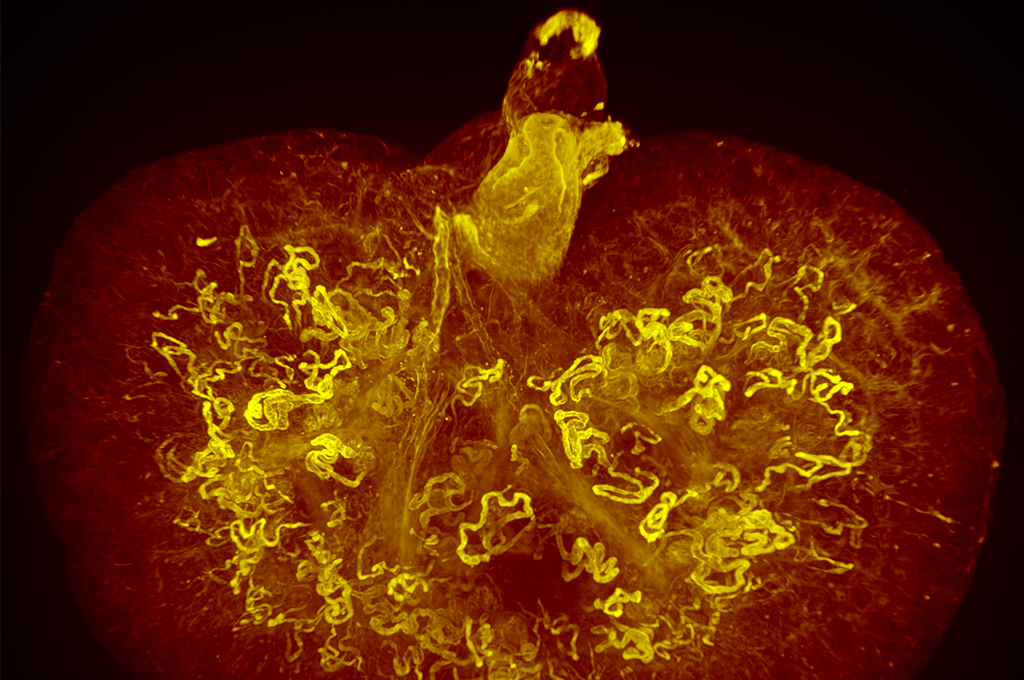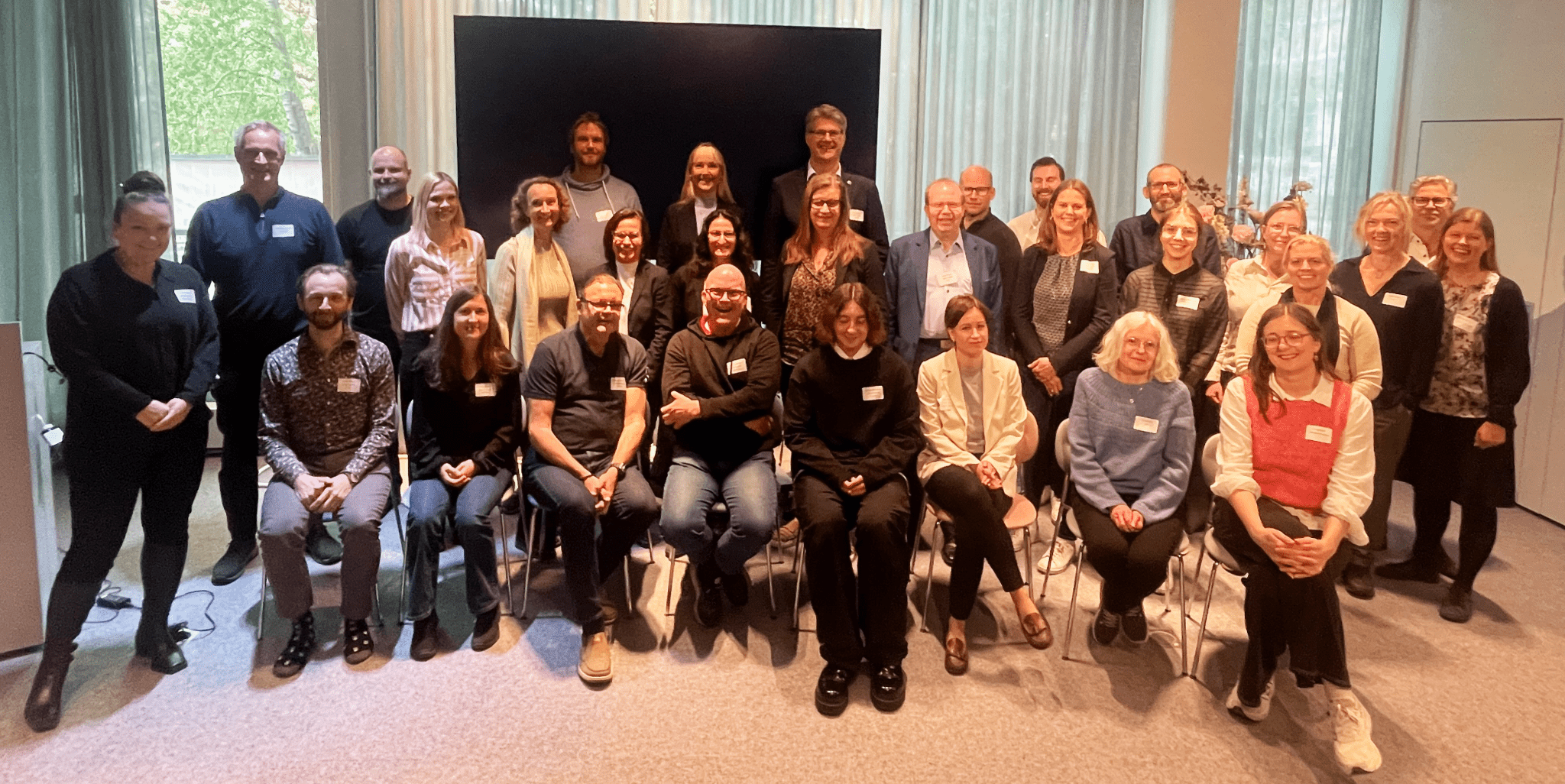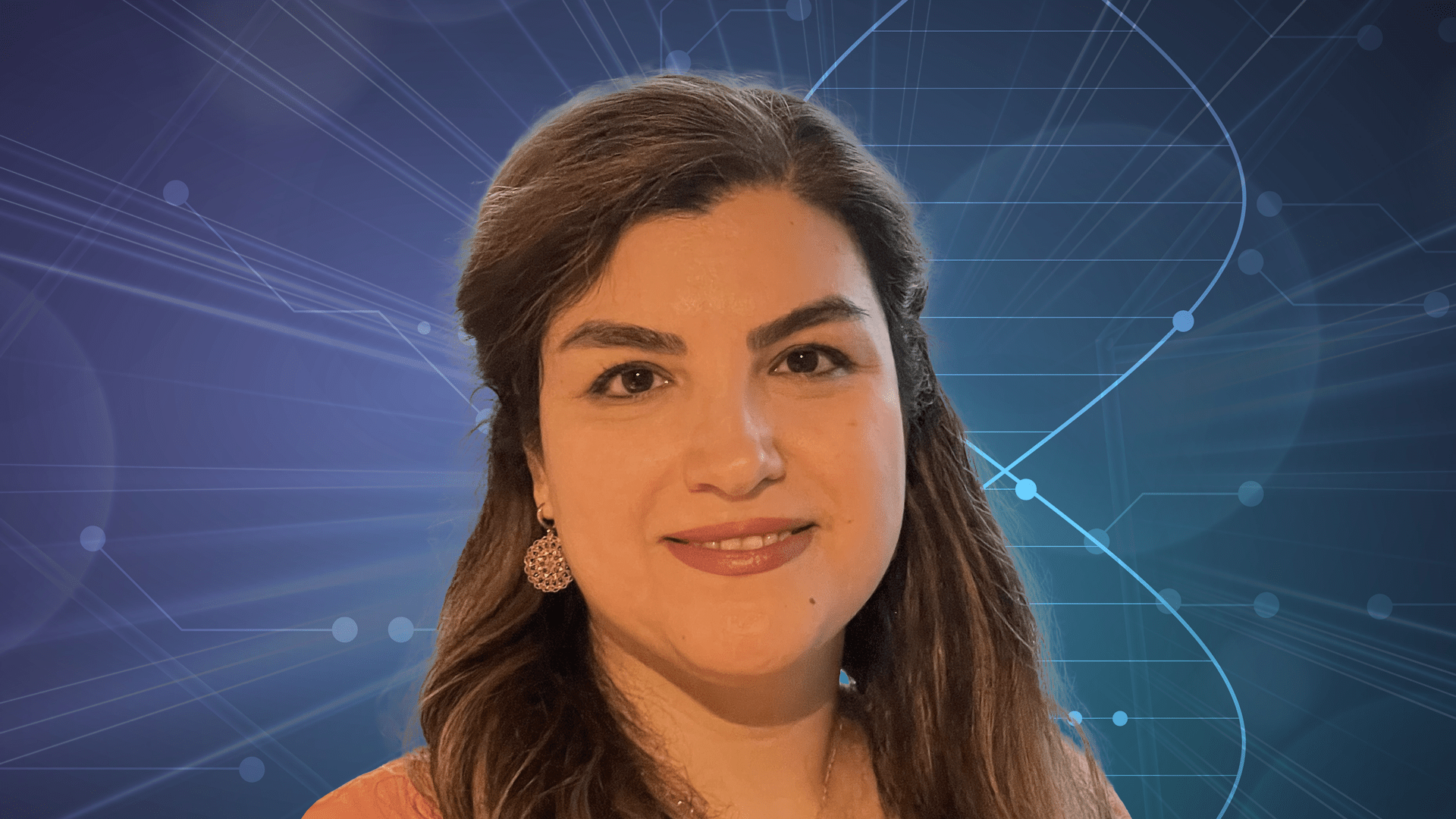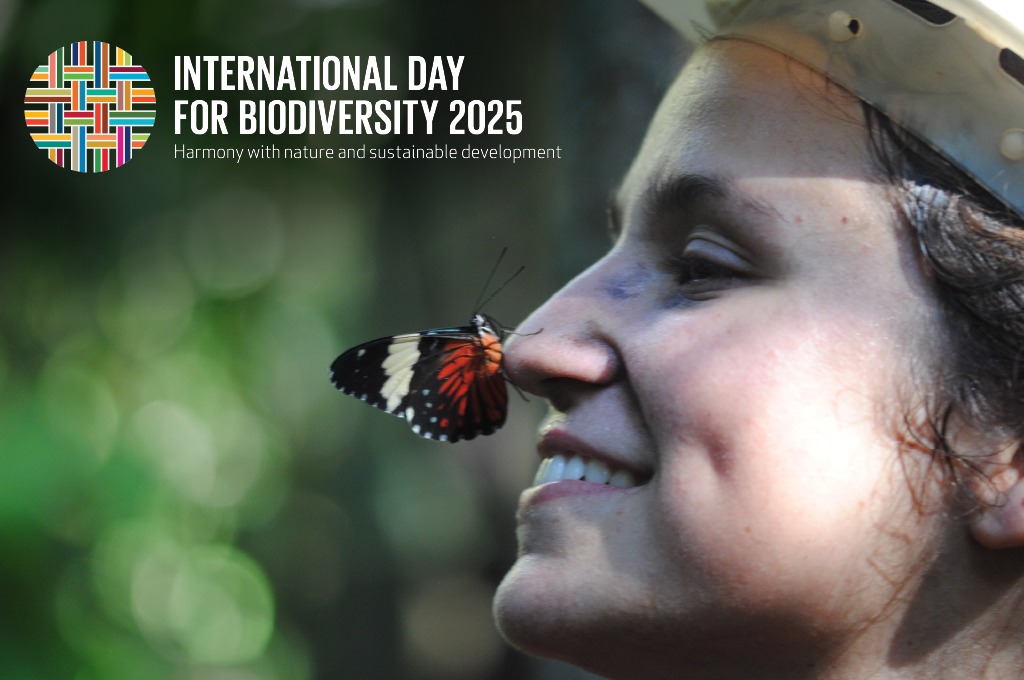New light-sheet microscope makes tissue clearing techniques more accessible
Researchers at the SciLifeLab facility Advanced Light Microscopy in Stockholm have in collaboration with Juntendo University Graduate School of Medicine developed a new light-sheet microscope that is affordable and easy to build, making it accessible to a wider range of researchers. This new microscope is optimized for tissue clearing techniques, which allow researchers to see deep into tissues without having to cut them up. The study was published in the journal Nature Communications.
The new microscope, called descSPIM, is based on a simple design that uses off-the-shelf components. This makes it much cheaper to build than traditional light-sheet microscopes, which can cost hundreds of thousands of euros. descSPIM is also easy to use, and it can be built in a matter of days. Detailed build instructions are provided on GitHub (https://github.com/dbsb-juntendo/descSPIM). The researchers demonstrated the capabilities of descSPIM by imaging a variety of cleared tissues, including mouse brains and tumors. They were able to obtain high-resolution images of these tissues, which revealed new details about their structure and function.
“We believe that descSPIM has the potential to revolutionize the field of tissue clearing by democratizing access to advanced light-sheet microscopy,” says the research team. “By providing a simple, affordable, and user-friendly alternative to commercial light-sheet microscopes, descSPIM makes 3D tissue imaging accessible to all laboratories, regardless of technical expertise or funding levels. This accessibility has the potential to accelerate discoveries in a wide range of fields, including cancer research, neuroscience, and developmental biology,” says SciLifeLab group leader Hjalmar Brismar.
Contact
Steven Edwards, steven.edwards@scilifelasb.se
Hjalmar Brismar, hjalmar.brismar@scilifelab.se





